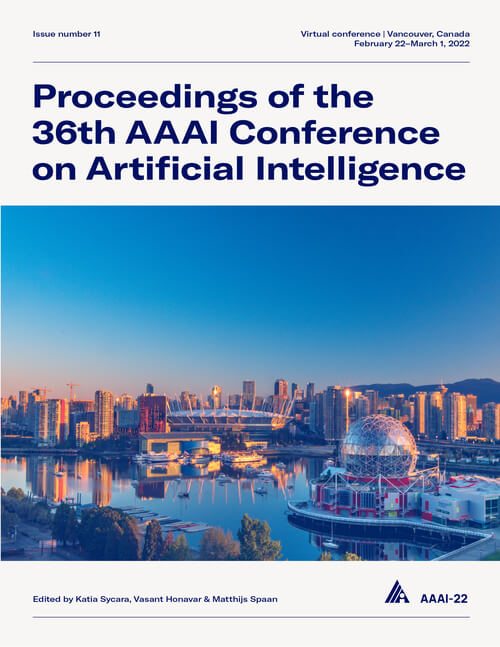Achieving Long-Term Fairness in Sequential Decision Making
DOI:
https://doi.org/10.1609/aaai.v36i9.21188Keywords:
Philosophy And Ethics Of AI (PEAI)Abstract
In this paper, we propose a framework for achieving long-term fair sequential decision making. By conducting both the hard and soft interventions, we propose to take path-specific effects on the time-lagged causal graph as a quantitative tool for measuring long-term fairness. The problem of fair sequential decision making is then formulated as a constrained optimization problem with the utility as the objective and the long-term and short-term fairness as constraints. We show that such an optimization problem can be converted to a performative risk optimization. Finally, repeated risk minimization (RRM) is used for model training, and the convergence of RRM is theoretically analyzed. The empirical evaluation shows the effectiveness of the proposed algorithm on synthetic and semi-synthetic temporal datasets.Downloads
Published
2022-06-28
How to Cite
Hu, Y., & Zhang, L. (2022). Achieving Long-Term Fairness in Sequential Decision Making. Proceedings of the AAAI Conference on Artificial Intelligence, 36(9), 9549-9557. https://doi.org/10.1609/aaai.v36i9.21188
Issue
Section
AAAI Technical Track on Philosophy and Ethics of AI

